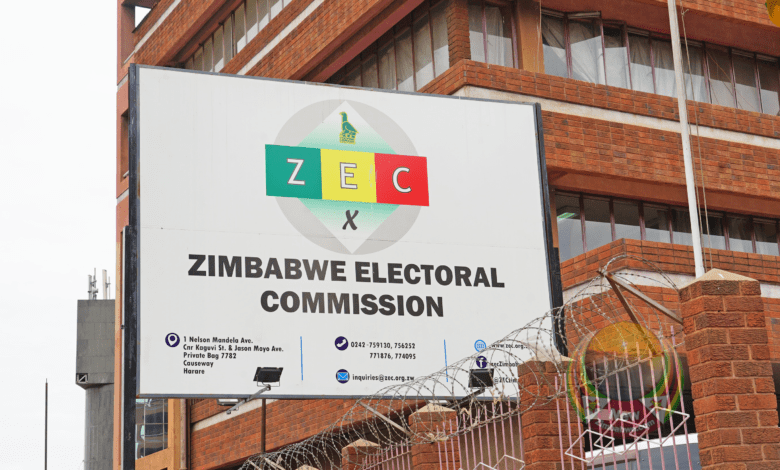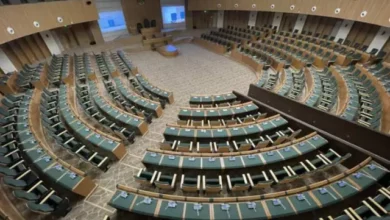ERC gives ZEC seven-day ultimatum to provide electronic voters roll

The Election Resource Centre (ERC), a think tank and advocacy organisation focused on elections and democracy, has given the Zimbabwe Electoral Commission (ZEC) a seven-day ultimatum to provide an electronic copy of the national voters’ roll, which will be used in the 2023 general elections.
ERC has also expressed concern about the rising cost of political participation in Zimbabwe, claiming that information held by ZEC is difficult to access and unaffordable.
This case arose after ZEC refused to provide ERC with an electronic copy of the national voters’ roll, demanding that the elections watchdog pay US$187 238, as the cost of providing the electoral register.
ZEC then cited provisions of Statutory Instrument 145 of the 2022 Electoral (Voter Registration) (Amendment) Regulations, 2022 (No.1), which imposes a unit price of US$1 per page of the roll.
ERC had written to ZEC shortly after the inspection of the voters’ roll for the delimitation process ended in July, requesting an electronic copy of the national voters’ roll.
In response to the ERC’s request, ZEC agreed on October 20, 2022, but provided a quotation of US$187 238 for the acquisition of the national voters’ roll in hard copy format.
ERC enlisted the help of Zimbabwe Human Rights Lawyers (ZLHR) in this matter.
According to ZLHR, on November 7, one of their human rights lawyers, Dr Tarisai Mutangi of ZLHR, wrote to ZEC protesting that US$187 238 was “shockingly high and more than the reasonable costs” of providing the national voters’ roll.
Dr Mutangi stated that the cost was also in violation of Section 21 of the Electoral Act.
He further argued that the “exorbitant cost of the national voters’ roll, borders on unconstitutionality as it has a chilling effect on curtailing enjoyment of political rights provided in Section 67 of the Constitution and makes these fundamental rights illusory as they are now dependent on material comfort,” according to ZLHR on their Twitter account.
Dr Mutangi, on the other hand, stated that an electronic copy of the national voters’ roll costs only US$200.
“ZEC also declined to provide ERC with an electronic copy of the national voters’ roll on the basis that the elections management body is in the process of enhancing the security of the electronic voters’ roll and did not provide an indication as to when its process will be finalised,” said ZLHR.
The human rights lawyer insisted that once the national voters’ roll is available in hard copy, so should the electronic version, as both are covered by a single provision, Section 21(4) of the Electoral Act.
“Dr Mutangi protested against ZEC’s justification for withholding the electronic voters’ roll saying it borders on irrationality and thus is potentially unconstitutional in view of the provisions of section 68 of the Constitution,” said ZLHR.
In the case, Dr Mutangi stated that “ERC is highly concerned about the escalating cost of political participation in Zimbabwe as the process of accessing information held by an elections management body should be simple, quick and affordable.”
As a result, according to Dr Mutangi, ZEC’s offer to provide the elections watchdog with a hard copy of the national voters’ roll rather than the requested electronic version, which would make electoral processes more transparent, is in conflict with the principles stated above.
“Dr Mutangi said ERC is willing to give dialogue a chance in resolving the impasse between itself and ZEC, which should lead to finding solutions that permanently resolve problems related to the provision of the voters’ roll as the nation prepares for the 2023 general elections and would only resort to instituting litigation processes as a last resort,” said ZLHR.
Dr Mutangi asked ZEC to respond to ERC’s letter within seven days.






